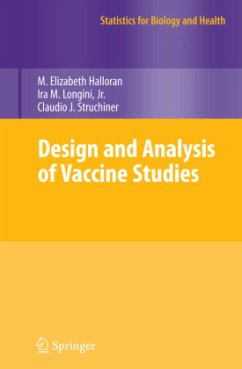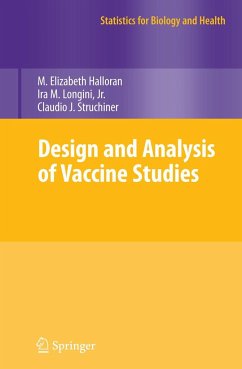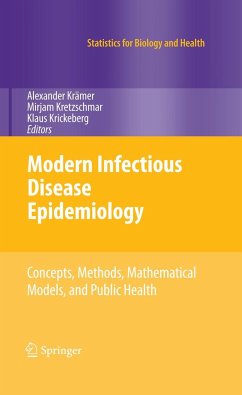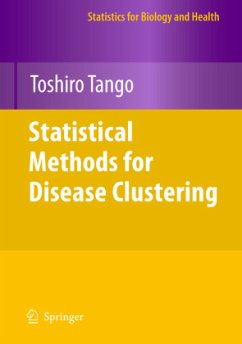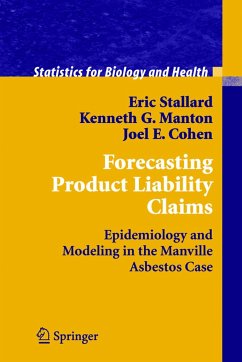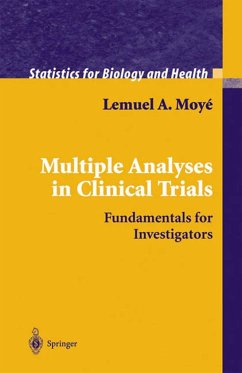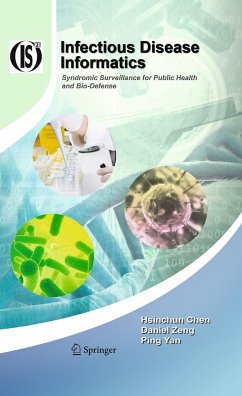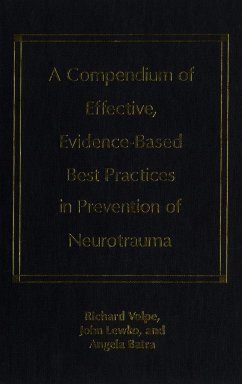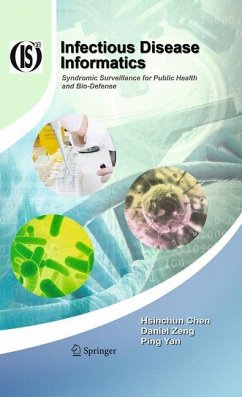
Fundamentals of Clinical Research
Bridging Medicine, Statistics and Operations
Versandkostenfrei!
Versandfertig in 6-10 Tagen
113,99 €
inkl. MwSt.
Weitere Ausgaben:

PAYBACK Punkte
57 °P sammeln!
Statistical methodology is an essential component of clinical (and biological) - search. Therefore it is not surprising that many textbooks aiming at "explaining" statistical methods to researchers have been published and continue to appear in print. The complexity of the basic issue, that of communication between st- isticians and researchers, is illustrated and discussed very well by the authors of this book in their Introduction. Thus it would be of no benefit to dwell further on this theme and on the difficulty of producing truly effective material. I prefer to start from a personal episod...
Statistical methodology is an essential component of clinical (and biological) - search. Therefore it is not surprising that many textbooks aiming at "explaining" statistical methods to researchers have been published and continue to appear in print. The complexity of the basic issue, that of communication between st- isticians and researchers, is illustrated and discussed very well by the authors of this book in their Introduction. Thus it would be of no benefit to dwell further on this theme and on the difficulty of producing truly effective material. I prefer to start from a personal episode. Way back in 1959, a freshman of the faculty of Statistical Sciences, I found by chance on a stand, the book "Metodi statistici ad uso dei ricercatori", which was the Italian translation of the famous book by RA Fisher. The textbook for the first course of statistics used that year at of our University had left me perplexed. A student like myself, with a good high school scientific education, was fascinated by the wealth of real life ex- ples, but was unable to reconstruct the thread of logical-mathematical reas- ing, especially the inductive one. The unexpected access to Fisher's legendary book raised my hopes that I could finally get to the heart of the matter.





